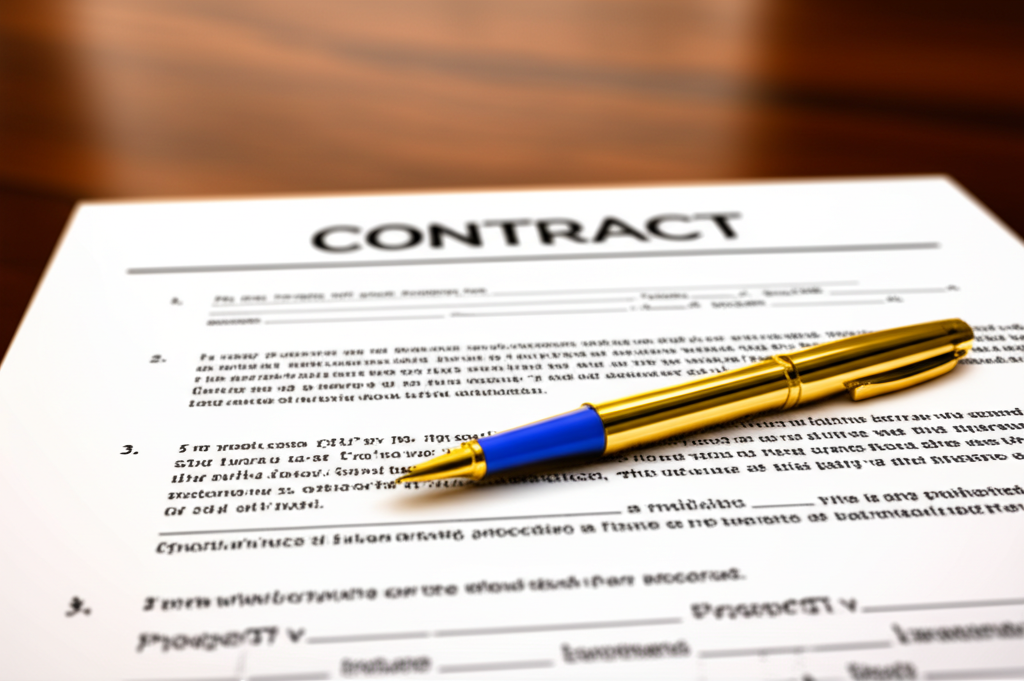
For Singaporean investors looking beyond their borders, Malaysia’s property market offers an enticing mix of affordability and proximity. However, navigating the legal and financial landscape requires careful consideration of key regulations that differ significantly from Singapore’s framework. Understanding these nuances can mean the difference between a profitable investment and a costly misstep.
One of the most critical factors is Malaysia’s minimum price threshold for foreign buyers, which varies by state. In major urban centers like Kuala Lumpur and Johor, foreigners must typically purchase properties priced at RM1 million or higher, while some states allow lower thresholds for high-overhang units. Even if developers offer discounts, future resale remains bound by these restrictions, limiting the buyer pool and making capital appreciation essential. Investors must assess whether a property’s location—such as near upcoming infrastructure projects—can sustain long-term value growth.
Ownership restrictions further complicate the market. Foreigners are barred from purchasing Bumiputera-reserved properties or Malay-reserved land, and state-specific rules add another layer of complexity. For example, Selangor permits foreign ownership of strata-titled and gated landed homes, while Sarawak restricts foreigners to high-rise units only. Unlike Singapore’s uniform regulations, Malaysia’s decentralized system means investors must verify local laws before committing.
Financial considerations also differ markedly. Entry costs include stamp duties (around 4% for foreigners) and state consent fees, while holding costs encompass assessment taxes, quit rent, and maintenance fees. Exit strategies are impacted by Malaysia’s Real Property Gains Tax, which imposes a 30% levy on profits if sold within five years. Rental income is taxed progressively, with no flat deduction option like Singapore’s 15% deemed expense rule, requiring meticulous record-keeping. Additionally, properties under Malaysia’s Housing Development Act offer stronger buyer protections, making them a safer bet compared to non-HDA projects.